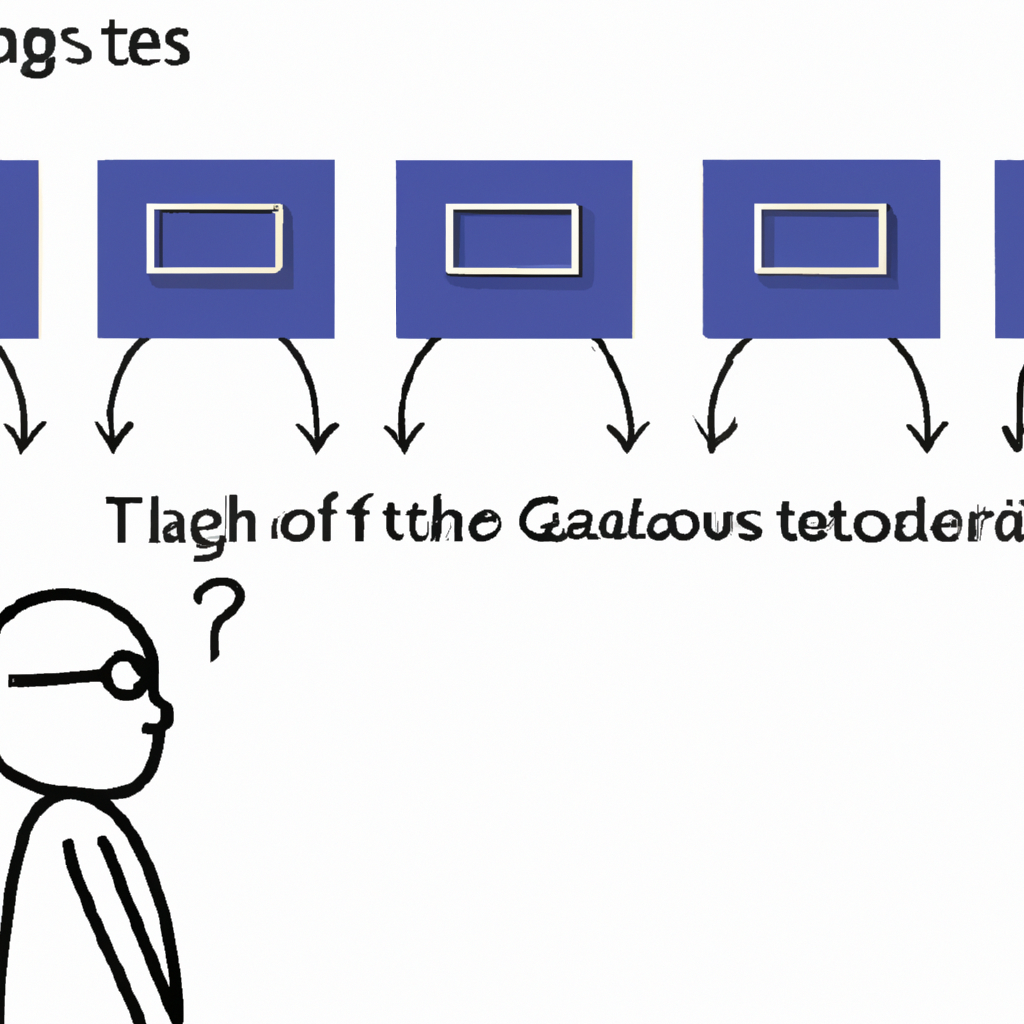
In recent years, quantum computing has emerged as a groundbreaking technology that has the potential to revolutionize various industries, including the circuits industry. With its ability to perform complex calculations at unprecedented speeds, quantum computing holds the key to unlocking new possibilities and solving problems that were once considered unsolvable. In this article, we will explore the fascinating world of quantum computing, its applications in the circuits industry, and how it is poised to transform the way we design and optimize circuits.
Understanding Quantum Computing
To grasp the potential of quantum computing, it is essential to understand its fundamental principles. Traditional computers utilize bits to store and process information, with each bit representing either a 0 or a 1. Quantum computers, on the other hand, leverage quantum bits, or qubits, which can exist in multiple states simultaneously, thanks to a phenomenon known as superposition. This unique property allows quantum computers to perform parallel computations, enabling them to solve complex problems exponentially faster than classical computers.
Quantum Computing in the Circuits Industry
The circuits industry plays a critical role in the development of various electronic devices, from smartphones and computers to advanced medical equipment. Quantum computing has the potential to revolutionize this industry by offering faster and more efficient ways to design, optimize, and simulate circuits.
Circuit Simulation and Optimization
One of the key challenges in the circuits industry is the need to simulate and optimize circuit designs before they are fabricated. Traditional simulation techniques can be time-consuming and computationally expensive, particularly for complex circuits. Quantum computing can significantly speed up this process by harnessing the power of superposition and entanglement.
By leveraging the parallel processing capabilities of quantum computers, circuit designers can explore a vast space of potential circuit configurations simultaneously. This enables them to identify optimal designs and optimize circuit performance more efficiently than ever before. Moreover, quantum algorithms specifically designed for circuit optimization can further enhance the capabilities of quantum computing in this domain.
Quantum Circuit Design
Quantum computing not only accelerates traditional circuit design and optimization processes but also introduces entirely new paradigms for designing circuits that leverage the unique properties of quantum systems. Quantum circuits, often represented as quantum logic gates, manipulate qubits to perform computational tasks.
The design of quantum circuits requires a deep understanding of quantum mechanics, as well as expertise in quantum algorithms and quantum error correction. As quantum computing continues to advance, circuit designers will need to adapt to this new paradigm, developing innovative circuit designs that harness the power of quantum systems.
Quantum Circuit Testing and Verification
In the circuits industry, testing and verification are crucial steps in ensuring the reliability and functionality of circuit designs. Quantum computing can offer new approaches to test and verify quantum circuits, improving the overall quality and performance of electronic devices.
Quantum circuit testing involves the generation of test patterns and the evaluation of circuit responses. Quantum computers can perform these tasks more efficiently due to their parallel computing capabilities. Additionally, quantum error correction techniques can be applied to detect and correct errors that may arise during the testing process, enhancing the reliability of quantum circuits.
The Future of Quantum Computing in the Circuits Industry
As quantum computing continues to advance, the circuits industry stands to benefit from its transformative capabilities. The integration of quantum computing technologies into circuit design, simulation, optimization, and testing processes will lead to significant improvements in efficiency, performance, and reliability.
However, it is important to note that quantum computing is still in its nascent stages, and several challenges need to be overcome before its full potential can be realized. These challenges include improving qubit stability, reducing error rates, and developing scalable quantum architectures.
Nevertheless, with the rapid progress and increasing investment in the field of quantum computing, it is only a matter of time before we witness the widespread adoption of this technology in the circuits industry. The future holds immense promise for quantum computing, and its impact on the circuits industry will be nothing short of revolutionary.
Conclusion
In conclusion, quantum computing is poised to revolutionize the circuits industry by offering faster and more efficient ways to design, optimize, and simulate circuits. Its ability to leverage the power of superposition and entanglement enables quantum computers to solve complex problems exponentially faster than traditional computers. With the integration of quantum computing technologies, circuit designers can explore a vast space of potential designs, optimize circuit performance, and improve the overall reliability of electronic devices. While there are challenges to overcome, the future of quantum computing in the circuits industry is bright, and its transformative impact is inevitable. As we look ahead, it is clear that quantum computing is set to unleash a new era of innovation and possibilities in the circuits industry.





